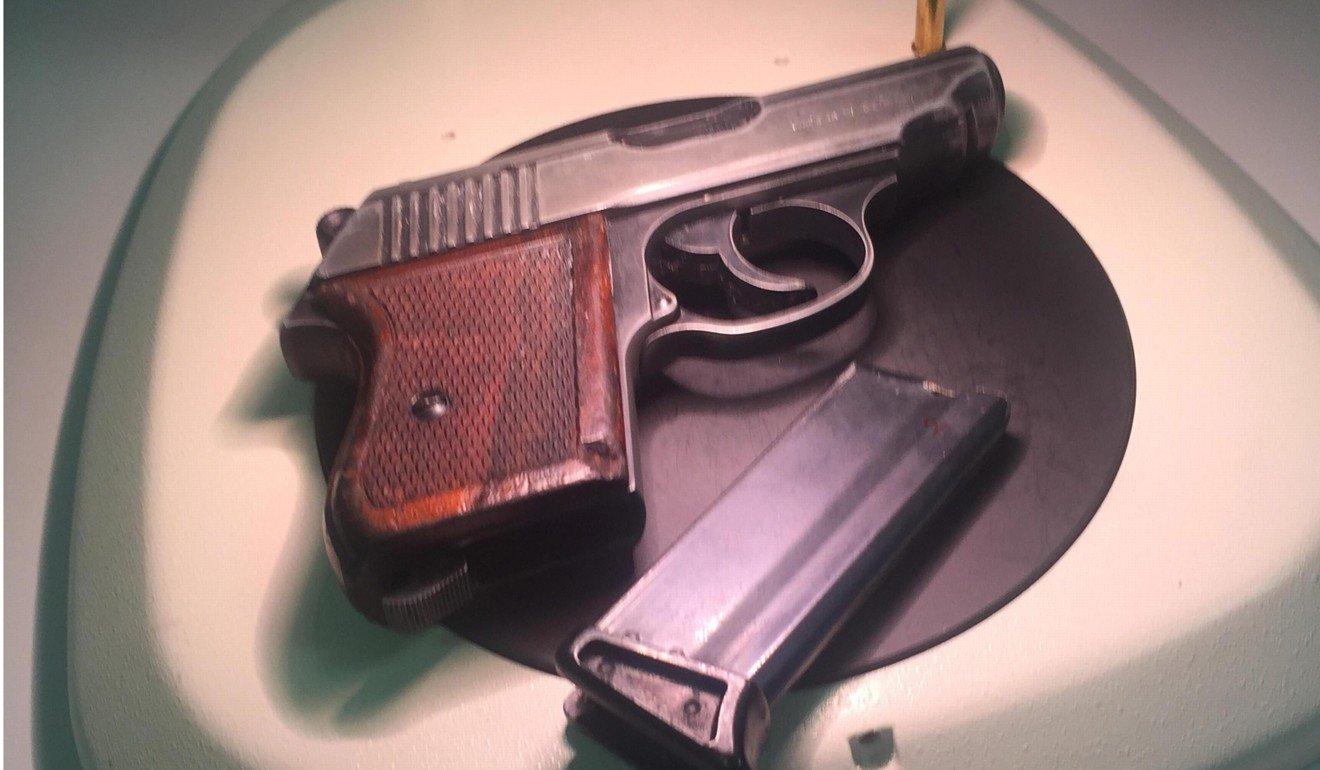
Murder weapons, bloodied clothes and graphic videos: psychological toll of jury service prompts calls for counselling in Hong Kong
From rape and torture to murder and dismemberment, the city’s worst crimes often result in trials that subject jurors to months of disturbing evidence, and some struggle to cope
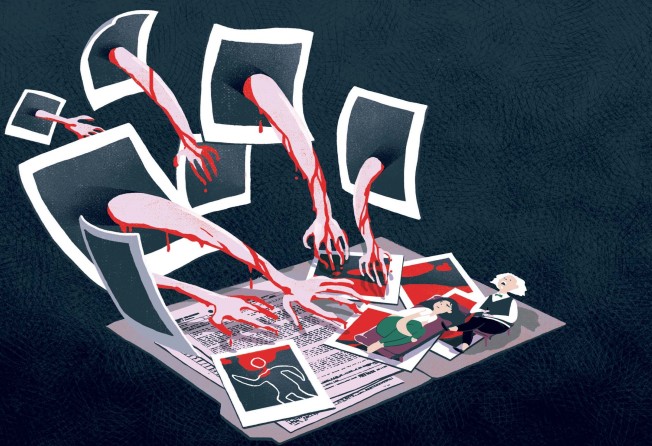
Suki Ling Yun-lam was a bright and capable seven-year-old before a harrowing story of neglect at the hands of her parents left her in a vegetative state, malnourished and close to death.
In April, Dr Tsang Yat-ming spent two hours at the High Court explaining to seven jurors the grisly details of her case, presenting graphic photos and medical reports showing the child’s many injuries.
In the middle of the marathon testimony, Mr Justice Kevin Zervos interrupted to ask: “Does anyone need a break?”
Nobody replied, but moments later, one juror reached for a tissue as tears began to roll down her face.
The same woman would later write to the judge inquiring whether a counsellor or therapist was on hand to offer psychological support.

“I felt extremely upset,” she said in the handwritten letter. “I am struggling somewhat on a personal level … to cope with the emotions being evoked through this trial.”
Her experience is not unique. Jurors around the world have reported suffering severe psychological distress from evidence heard in court. It has prompted authorities in some countries to introduce support services to help them cope.
Hong Kong, however, has yet to even begin discussing the idea.
‘System is wholly wanting’
Responding to the juror’s request during the trial, Zervos said: “That seems to me something that should be available generally.”
Former Hong Kong prosecutions chief Grenville Cross agrees.
“This is an area where our court system is wholly wanting,” he said. “Quite clearly, those jurors who suffer from their service should have proper support.”
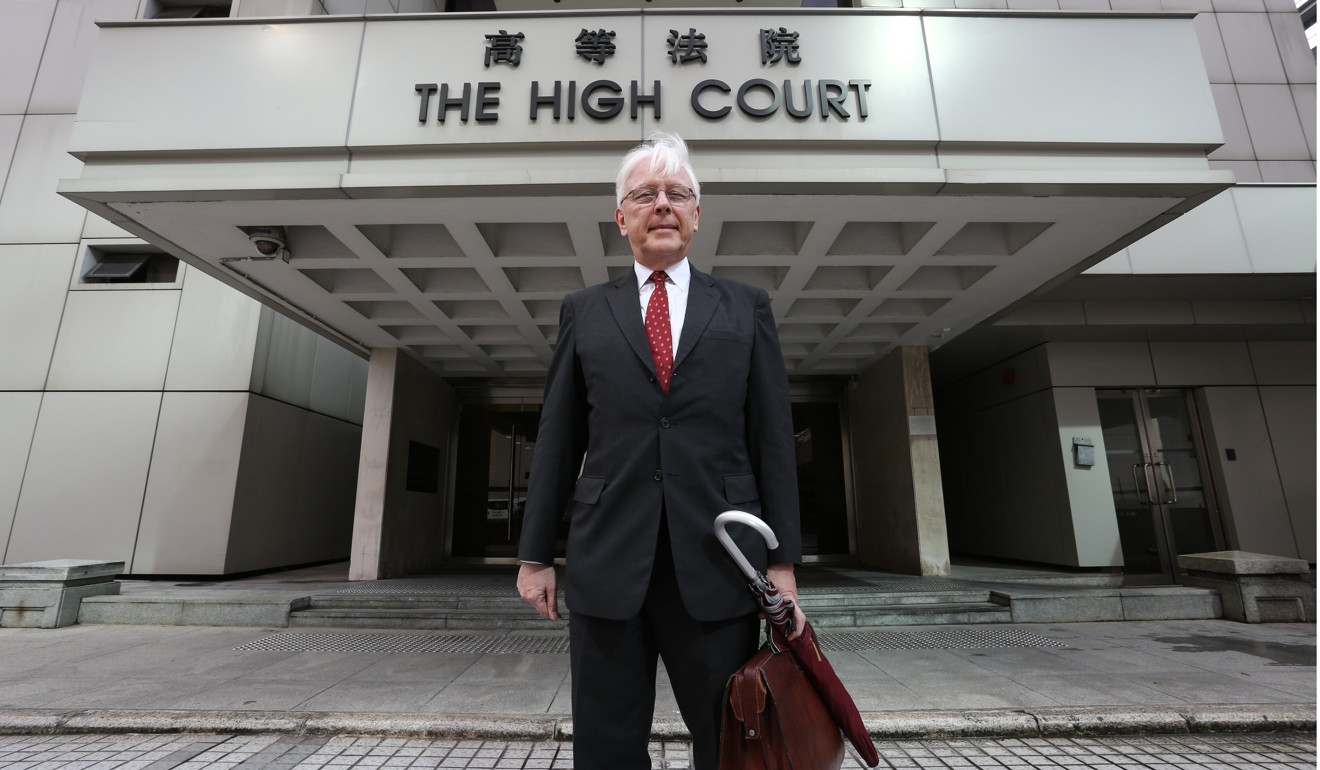
Barrister Simon Young Ngai-man, who teaches criminal law at the University of Hong Kong, expressed concerns that legal complications might arise from introducing therapists, but said the idea should nevertheless be explored.
Psychiatrists interviewed by the Post also urged change. Dr Robyn Ho Mei-yee called the current absence of counselling “unfortunate”.
“Very few people think of the jurors’ feelings when they look at serious cases,” said Ho, who has acted as an expert witness in court on numerous occasions.
“I believe [the female juror] was not the only one who made the request in this case, it’s just that the others may not have received any media attention.”
Hearing the worst crimes
Jurors in Hong Kong are city residents aged between 21 and 64 who are of “sound mind and good character” with sufficient knowledge of either Cantonese or English.
They are selected by the High Court’s registrar from a range of backgrounds as part of a 173-year-old system in which they are asked to use their collective wisdom and life experiences to judge the facts of a case. Some are called to coroner inquests or trials at the Court of First Instance to hear some of the city’s worst crimes, including murder, rape and drug trafficking.
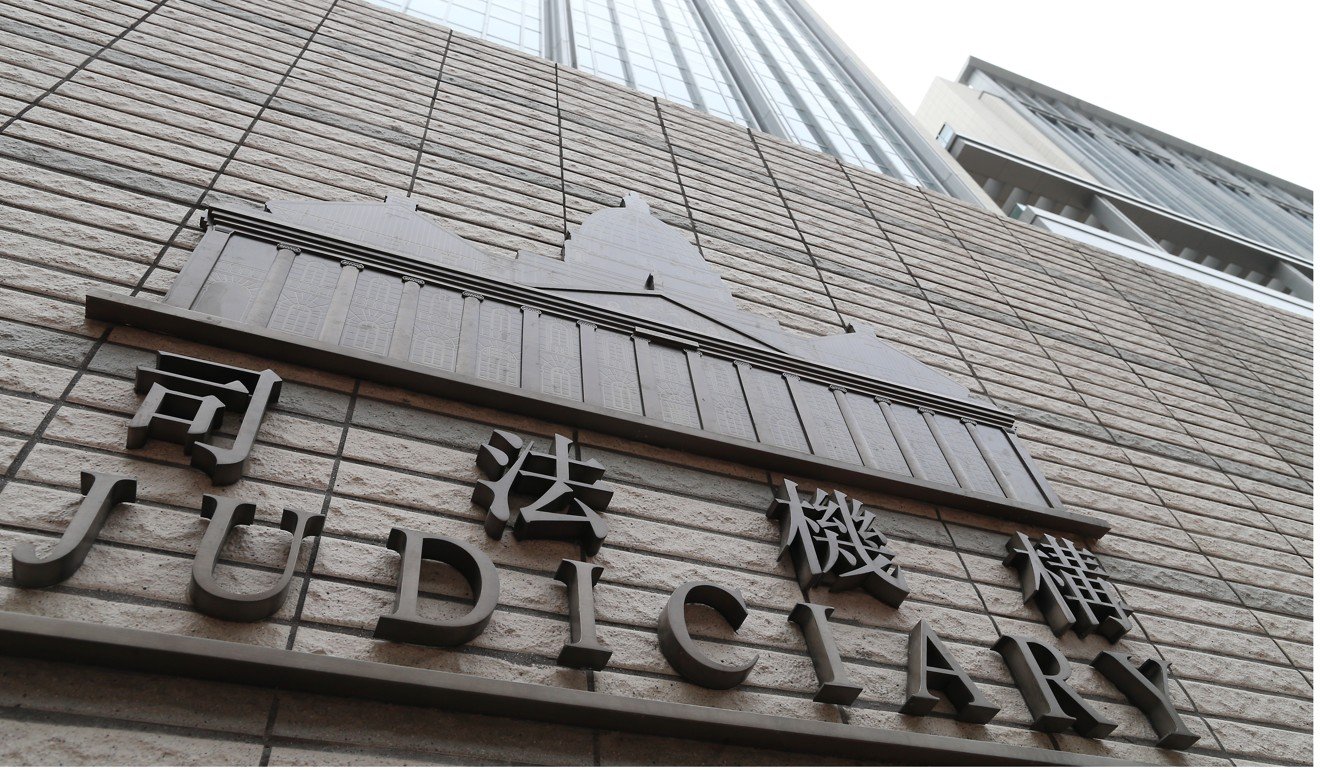
The compulsory service is a Hongkonger’s civic duty, though each juror is awarded HK$830 (US$105) a day for their time.
However, jury service is often about more than just listening to the facts of a case. Tasks might sometimes involve examining knives or bloodied shirts, going through a victim’s photos or even watching videos of the crime.
At the double murder trial of Rurik Jutting last year, jurors were shown videos recorded by the British banker in the bathroom where he killed an Indonesian woman, a body partly covered by a towel seen lying in a pool of blood on the floor.
Not everybody can stomach such disturbing evidence, and some jurors may have personal histories that add to the distress.
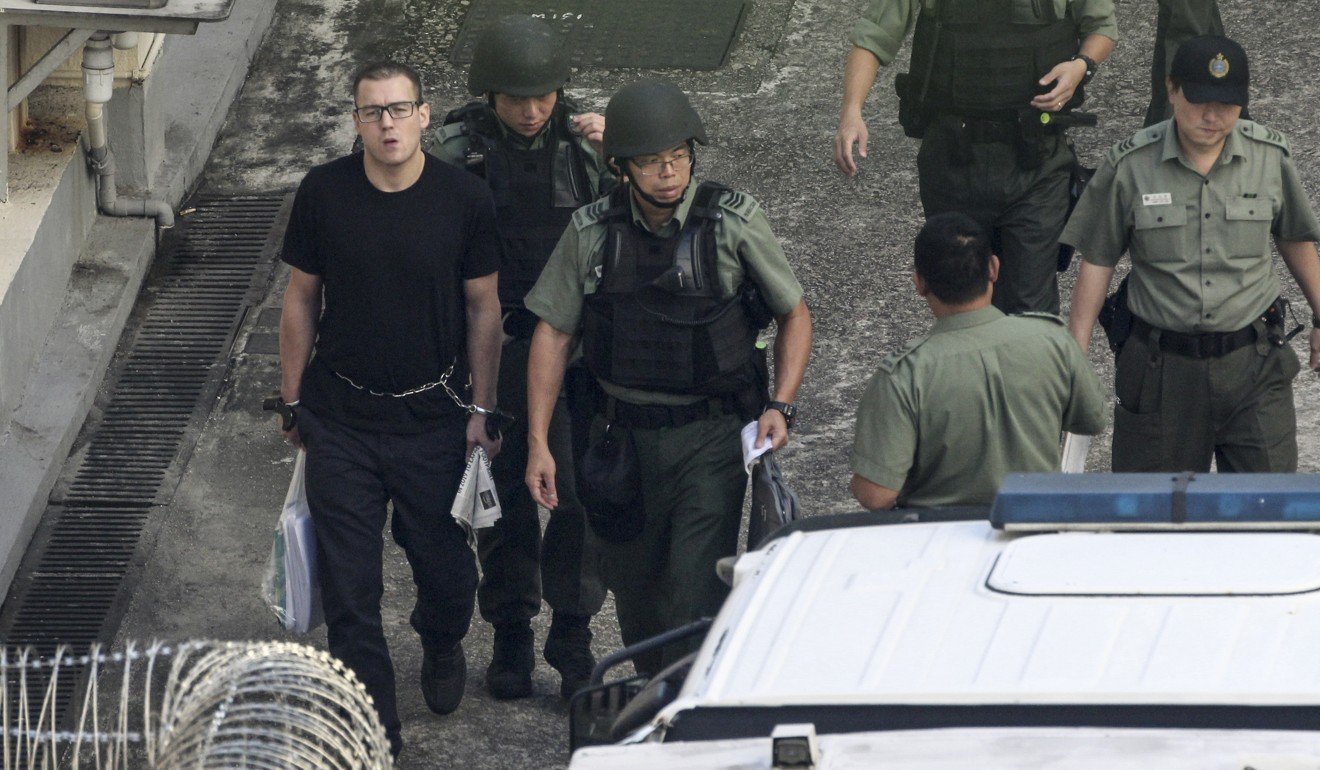
“They have these normal emotional reactions that can help them feel the seriousness of the situation, but then they have to calm down to analyse the case. That’s important,” psychiatrist Dr Tsang Fan-kwong said.
And since jurors are bound to secrecy, they are forced to process the emotional impact in isolation, and sometimes seek withdrawal from a case by asking the judge.
Psychological toll
In 2001, Li Suet-ping doused about three litres of boiling oil over her husband and stabbed him 16 times, burning through the flesh on his jaw, neck and chest.
Three days into Li’s trial, the jury were discharged after a female member reported difficulty sleeping, despite attempts by prosecutors to lessen the impact of their graphic evidence by using only black-and-white postmortem images.
A later retrial was similarly disrupted after a woman reported suffering from anxiety and neurosis.
It was not until the third trial that jurors completed their task, helped by prosecutors minimising the number of images presented.
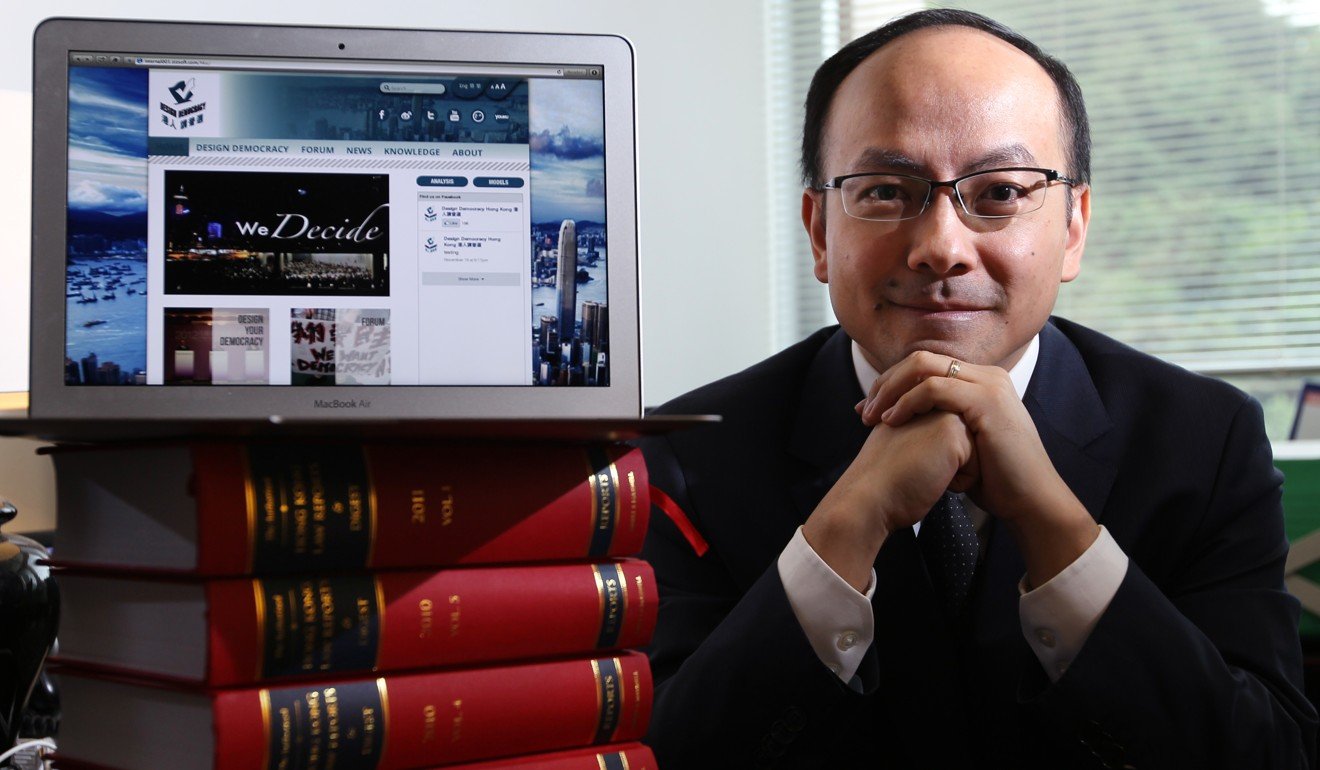
Barrister Michael Arthur, who prosecuted Hongkonger Henry Chau Hoi-leung in 2015 for the double murder of his parents, in a case that lost two jury members upset over photos of dismembered body parts, said it was rare to actually see jurors show emotion.
“Distress usually comes to the attention of the court via letters written by individual jurors,” he said. “The usual triggers are photographs of bodies and body parts, but there have been occasions where descriptions of the crime have led to distress. There is no easy way to prevent or alleviate it.”
Studies as far back as 1990 in the United States have recorded jurors exhibiting symptoms such as gastrointestinal distress, nervousness, headaches, sexual inhibition and depression after their service.
In one extreme case, a juror in the Canadian city of London committed suicide in 2016 two days after she was discharged from a mistrial over the death of baby Ryker Daponte-Michaud.
A retrial was heard before a single judge.

More recently, in February, Toronto juror Mark Farrant sued authorities for C$100,000 (US$75,960) as compensation for the cost of psychological treatment he needed after a four-month murder trial in 2014 left him with post-traumatic stress disorder.
That case was followed by a four-month study beginning in November last year by the Standing Committee on Justice and Human Rights at Canada’s parliament, which on May 22 recommended all provinces offer psychological support to jurors.
“It is possible to prevent or reduce the stress jurors experience,” the study concluded.
‘Problem should not be overstated’
Support services are already available in Australia, New Zealand, England, Scotland and the United States through various arrangements and programmes. Some are offered upon request, others in selected regions or for specific cases.
“These are the sort of arrangements which need to be considered in Hong Kong,” Cross said. “However, I think this problem should not be overstated, and there is no reason to suppose large numbers of jurors find jury service upsetting, or that more than a very few suffer from post-traumatic stress.”
Hong Kong’s judiciary did not respond to questions from the Post on whether jury counselling would be considered.
A spokesman said: “Should any juror have any question or request in relation to a jury trial, he or she may raise it with the presiding judge for instruction or assistance at any time.”
Cross said counselling should be provided after a trial, but Young pointed out mid-trial services might be needed to prevent jurors dropping out. However, that would mean counsellors being properly trained to avoid influencing or interfering with the course of a case.
“The judiciary and government should sit down to discuss its merits, need and possible implementation,” Young said.
“We have our own share of grisly murder cases here in Hong Kong.”
Notable cases that upset Hong Kong jurors
Trial over neglect of seven-year-old Suki Ling Yun-lam (2018)
A juror wept while hearing evidence from a doctor detailing the child’s injuries. She wrote to the judge the next day inquiring about a counsellor or therapist.
Double murder trial of British banker Rurik Jutting (2016)
The judge issued a warning to potential jurors about disturbing evidence of extreme violence. Some were later exempted from service after indicating they were afraid of blood, horror movies and the possibility of nightmares. On completion of the trial, the judge doubled their allowances and exempted the jurors for life from further service.
Double murder trial of Henry Chau Hoi-leung (2014-15)
A female juror requested she be discharged on the third day of the trial. The next day a defence barrister sought permission to show jurors two photos of human remains, to illustrate the shock her client had experienced when confronted with the same items. Three days later, a male juror presented medical documents specifying it would be difficult for him to continue hearing the case. The judge eventually discharged the whole group and apologised for the disturbing evidence. All seven were exempted for life from further service. At a later retrial a larger panel of nine jurors were gathered to compensate for any dropping out. Their allowances were doubled and the group were also awarded lifelong exemptions from service.
Murder trial of Li Suet-ping (2002)
The jury were discharged three days into the trial after a female member reported difficulty sleeping, despite attempts by prosecutors to lessen the impact of graphic evidence by using only black-and-white postmortem images. A retrial was similarly disrupted when a woman reported suffering from anxiety and neurosis. It was not until the third trial that jurors completed their task, after prosecutors minimised the number of images they presented.